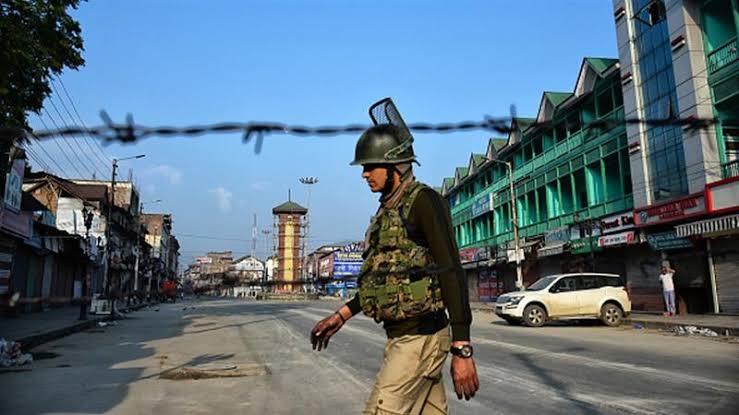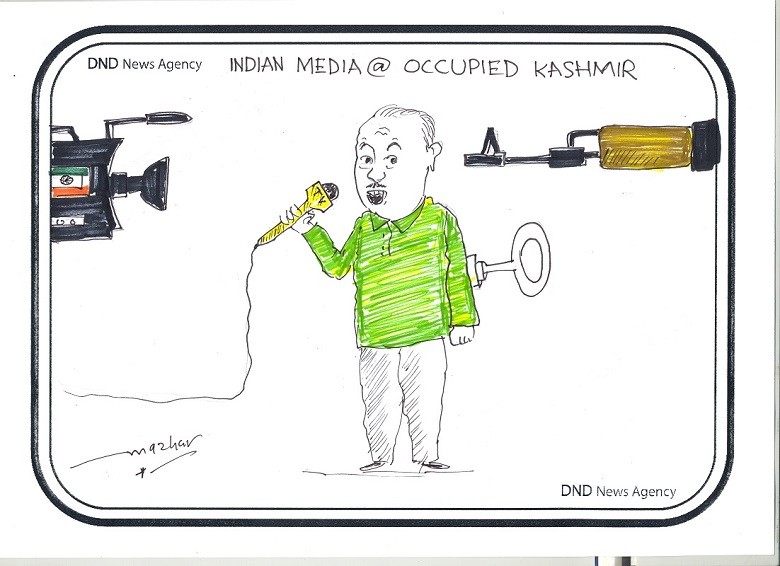MONITORING DESK: Already oppressed and dismayed Kashmiri Muslims won’t be allowed to offer Eid Ul Azha Prayers at Mosques in the Indian Occupied Jammu and Kashmir (IOJ&K) as the New Delhi regime has barred them from performing their religious rituals under the pretext of the COVID-19 pandemic.
The ban was imposed as per a decision taken by the Kashmir Divisional Commissioner Pandurang K Pole in a meeting with Officials on July 25.
As per the decision, all the Masjids (Mosques) and Shrines in IOJ&K will remain closed for Congregational Prayers on Eid Ul Azha; therefore, Kashmiri Muslims won’t be able to adhere to offering Namaz, a paramount religious ritual performed prior to sacrificing the animals to revive the Sunnah of Prophet Hazrat Ibrahim (AS).
Islamabad Bureau adds;
Meanwhile, Pakistan has strongly condemned restrictions imposed by the Indian authorities on Eid Ul Azha prayers in IOJ&K.
In a statement on July 28, the Foreign Office Spokesperson Aisha Farooqui said that the imposition of restrictions on prayers on one of the most important days of the Islamic Calendar represents complete disrespect by the Indian government for the sentiments of the Muslims of IOJ&K.
It is also a flagrant violation of their fundamental freedom of religion, she said.
The Spokesperson said that the Indian authorities are using COVID-19 related restrictions as a pretext to curb religious freedom of the Muslims of IOJ&K.
While the BJP government has been allowing religious activities in various other contexts and instances, disallowing Kashmiri Muslims to offer Eid Ul Azha Prayers is blatant discrimination.
“Pakistan urges the international community, the United Nations, and human rights and humanitarian organizations to take notice of glaring denial of the religious rights and freedoms of the Kashmiri people in violation of international laws and conventions,” the Spokesperson said.
Aisha Farooqui further said that India must realize that by such repressive measures, it cannot break the will of the Kashmiris and suppress their legitimate aspirations for self-determination as enshrined in the relevant United Nations Security Council Resolutions.
